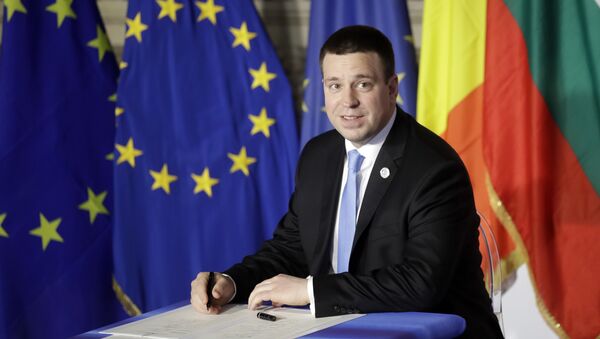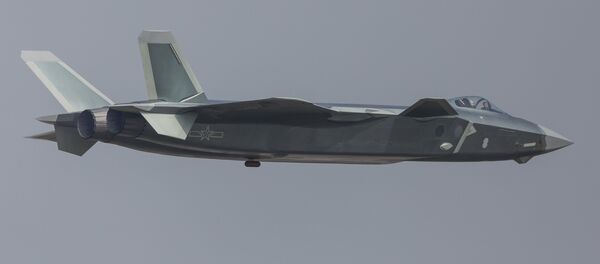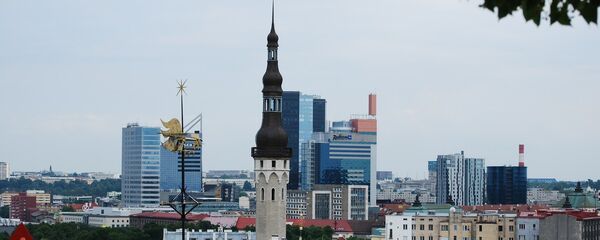"Estonia’s security is particularly affected by the viability of the System of Transatlantic Security, and the relations between the neighbouring countries, which are directly influenced by Russian military activity and aggression… However, I would like to draw your attention to the opinion of our foreign intelligence and surveillance services that the risk of direct military confrontation between Russia and NATO member countries in 2017 is low," Ratas said, as quoted by the Estonian governmental website.
According to Ratas, Estonia's security relies on active citizenship and a strong society and requires efforts of all nationals.
Following the outbreak of the Ukrainian crisis in 2014, NATO has been boosting its military presence in Europe, particularly in Eastern European states, citing Russia's alleged interference in the conflict as justification for the move. A decision of the alliance to deploy four multinational battalions to Estonia, Latvia, Lithuania and Poland was announced by the alliance's secretary general after the NATO summit in July 2016.
Moscow has repeatedly warned that amassing troops and military equipment on its borders is provocative, violates past NATO pledges, and can lead to regional and global destabilization.




